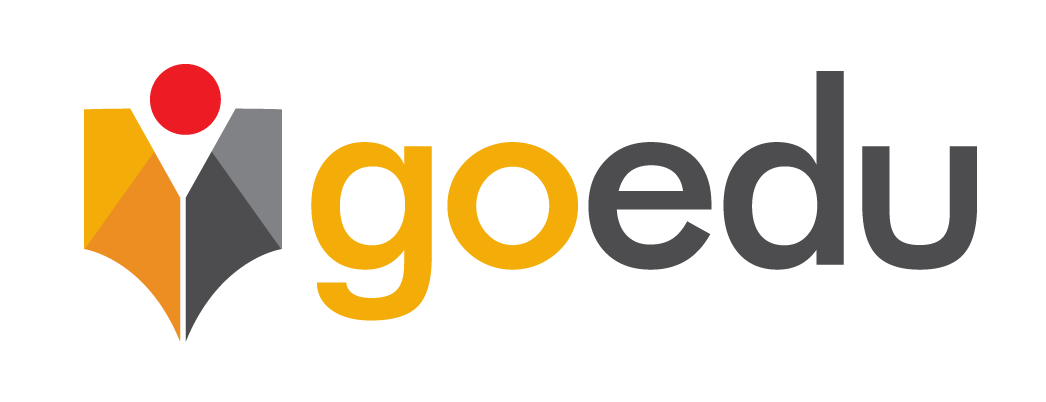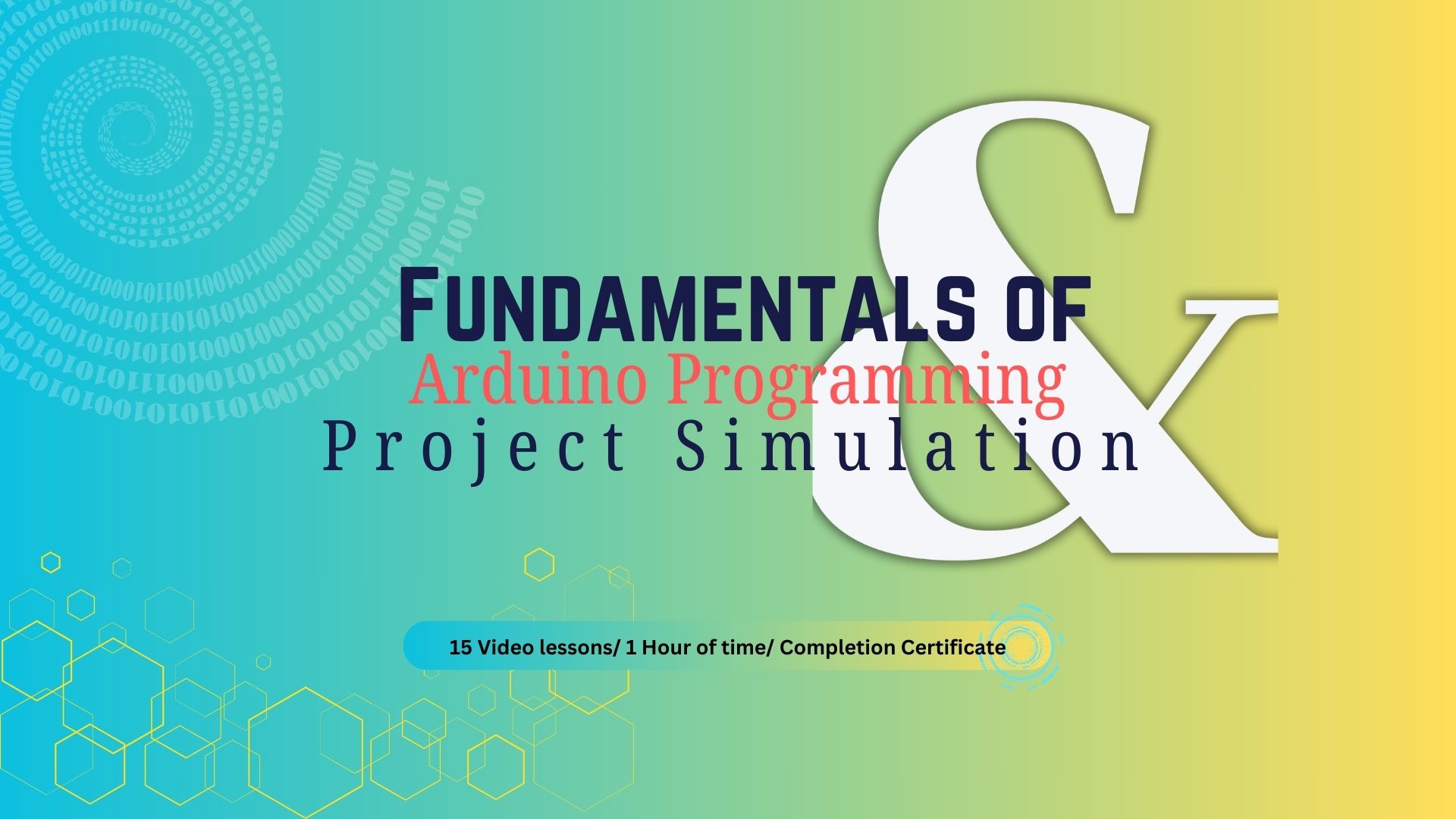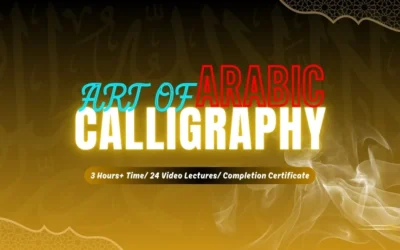course Description
Welcome to “Introduction to Arduino Programming and Arduino-Based Project Simulation”! This course Fundamentals of Arduino Programming and Project Simulation is designed to introduce beginners to the exciting world of Arduino programming and its applications in Arduino-based projects. Arduino is an open-source electronics platform based on easy-to-use hardware and software, making it ideal for hobbyists, artists, and anyone interested in creating interactive projects. In this course, you will learn the fundamentals of Arduino programming, including how to set up and use an Arduino board, write code using the Arduino programming language (based on C/C++),
and interface with sensors and actuators. By the end of this course, you will have the knowledge and skills to create your own Arduino projects and bring your ideas to life. Whether you’re interested in home automation, robotics, or
interactive art, this course will provide you with the foundation you need to start building and programming with Arduino.
Why this course Fundamentals of Arduino Programming and Project Simulation is Important
The “Introduction to Arduino Programming and Arduino-Based Project Simulation” course is crucial for several reasons. First, it provides a foundational understanding of electronics and programming, which are essential skills in today’s technology-driven world. Arduino’s user- friendly platform demystifies complex concepts, making them accessible to beginners and empowering individuals to innovate. Second, this course fosters problem-solving and critical-thinking skills. By working on real-world projects, students learn to troubleshoot and optimize their designs, which is invaluable in both academic and professional settings. The hands-on experience also enhances creativity, allowing
learners to transform ideas into tangible prototypes. Third, Arduino programming and project simulation have broad applications across various fields, including robotics, automation, IoT (Internet of Things), and more. Mastery of these skills can lead to exciting career opportunities and advancements. Lastly, the course promotes a culture of experimentation and lifelong learning. As technology continues to evolve, the ability to adapt and learn new tools and methodologies becomes increasingly important. This course equips students with a strong foundation and the confidence to pursue further knowledge and innovation in the world of electronics and programming.
Fundamentals of Arduino Programming and Project Simulation Course Objectives:
1. Introduce students to the basics of Arduino programming.
2. Teach students how to set up circuits using simulation tools.
3. Understand how to interface with sensors and actuators.
4. Be capable of building and programming various Arduino-based projects.
5. Develop the ability to troubleshoot and optimize your projects.
Pre Requirements:
● Basic Idea about Electrical Circuits.
● Basic Idea about C-Programming.
● Arduino Software and Good Internet speed.
Target Audience:
This course is ideal for anyone interested in electronics, programming, and microcontroller projects. It is
particularly suited for:
● People who have an interest in programming
● Who wants to learn to create real-time projects using a microcontroller?
● It’s helpful for those who are facing trouble on Capstone projects.
● Professionals seeking to enhance their skills in embedded systems
● Educators looking to integrate Arduino into their curriculum
What benefits will the learners get?
- 15 lectures within 1 hour of time
- Self-assessment opportunity.
- Certificate on course completion.
- Can ask questions in the forum.
GoEdu Learner’s Manual
Course Features
- Lectures 15
- Quizzes 1
- Duration 1 hour
- Skill level All levels
- Language Bengali
- Students 2
- Certificate Yes
- Assessments Self
Leave A Reply
You must be logged in to post a comment.








1 Comment
great course for beginner!!!!